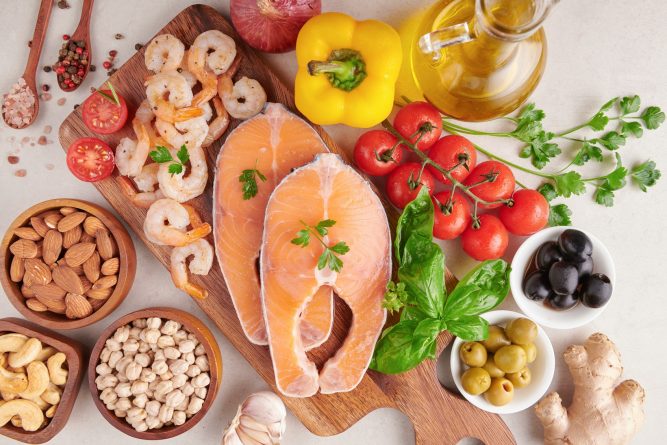We revisit and “oldie but a goodie” blog post this week as we explore the importance of Vitamin B, with up to date/added information from our previous 2022 post version!
What is Vitamin B?
Vitamin B is critical for bodily health as a source that fuels our enzymes to perform a wide range of cellular functions. Further, did you know that there are eight different B Vitamins, and all of them play an essential role in keeping your body healthy? So what exactly is Vitamin B?
In a nutshell, Vitamin B helps convert the food we eat into energy, keep your nervous system working well, and support cell growth. It’s important to note that pregnant women and people who eat a vegetarian/vegan diet must take especial care to consume enough vitamin B. So, if you’re looking to boost your health, make sure you’re getting enough B vitamins!
Different Types of Vitamin B
- B1 (thiamine): Thiamine plays an essential role in metabolism by helping convert nutrients into energy. The richest food sources include pork, sunflower seeds and wheat germs.
- B2 (riboflavin): Riboflavin helps convert food into energy and also acts as an antioxidant. Foods highest in riboflavin include organ meats, beef and mushrooms.
- B3 (niacin): Niacin plays a role in cellular signaling, metabolism and DNA production and repair. Food sources include chicken, tuna and lentils.
- B5 (pantothenic acid): Like other B vitamins, pantothenic acid helps your body obtain energy from food and is also involved in hormone and cholesterol production. Liver, fish, yogurt and avocado are all good sources.
- B6 (pyridoxine): Pyridoxine is involved in amino acid metabolism, red blood cell production and the creation of neurotransmitters. Foods highest in this vitamin include chickpeas, salmon poultry, potatoes, and non-citrus fruits.
- B7 (biotin): Biotin is essential for carbohydrate and fat metabolism and regulates gene expression. Yeast, eggs, salmon, cheese and liver are among the best food sources of biotin.
- B9 (folate or ‘folic acid’ when included in supplements): Folate is needed for cell growth, amino acid metabolism, the formation of red and white blood cells and proper cell division. It can be found in foods like leafy greens, liver, beans, citrus fruits or in supplements as folic acid.
- B12 (cobalamin or ‘cyanocobalamin’ when included in supplements): Perhaps the most well-known of all the B vitamins, B12 is vital for neurological function, DNA production and red blood cell development. B12 is found naturally in animal sources like meats, eggs, seafood and dairy.
Vitamin B Rich Foods
Animal foods:
- Beef, liver, and chicken.
- Fish and shellfish such as trout, salmon, tuna fish, sardines, and clams.
- Fortified breakfast cereal.
- Low-fat milk, Greek yogurt, and cheese.
- Eggs (white or whole)
Non-animal foods:
- Spinach
- Beetroot
- Potatoes
- Bananas
- Chili peppers
- Mushrooms
- Alfalfa
- Fortified Cereal
- Tempeh
- Nutritional and brewer’s Yeast
- Avocado
Fermented foods:
- Yogurt
- Cultured Cottage Cheese
- Kimchi
- Sauerkraut
- Kefir
- Kombucha
- NOTE: Gut bacteria synthesize and supply B Vitamins, so if you are not eating fermented foods, take a good probiotic daily.
Conclusion – The Importance of Vitamin B
As you can see, B vitamins are essential for a healthy and balanced lifestyle! It’s important to know which type of B vitamins you may need based on your unique lifestyle, dietary needs, and goals in order to get the most benefit from them. As we always say, be sure to consult with a healthcare professional before starting any new supplement regimen.
![NL Wordmark [Gradient] NL Wordmark [Gradient]](https://www.nextlevelurgentcare.com/wp-content/uploads/elementor/thumbs/NL-Wordmark-Gradient-7fm1iv6f0zylwqrxpy8kifrnrzsluqzzzofvqvs6smo.png)
